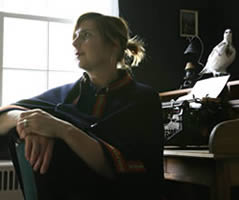Instructions for making a song: Be blunt; be brief; be goneChristine Fellows' simple instructions allow her to keep the album viable in the digital age.By Rob Pingle
The title of Fellows’ latest record Nevertheless seems to describe her approach to the changes in the music industry. “The idea of how we conceive of our creative output is changing. For me I like making things that are unified. I’ll probably always do that in some way but it may change if I’m not making records any more.” Besides the changes to the music industry, Fellows’ own listening habits have changed as well. “I don’t actively listen to music as I did when I was a teenager. That’s the most exciting time to be listening to music when you are a young person and your biases aren’t built up.” While she was a teenager the album was still in its heyday and Van Morrison’s Astral Weeks left a lasting impression on her. Although her records contain unique instruments (cello, xylophone, glockenspiel) that are more typical to genres of music with longer songs, Fellows creates music that is structured like songs found in the pop genre. “I don’t need to hear a chorus more than twice myself,” Fellows says. Yet within these short songs Fellows’ lyrics create characters The lead single, “The Spinster’s Almanac,” from Nevertheless is a great example of Fellows’ ability to create rich characters. With descriptive lyrics such as, “I learned to drive when I was 65 years old and I sit poker-straight behind the wheel,” Fellows succinctly defines an image of the spinster that, although universal, is unique to her point of view. “When you are creating characters they are kind of an amalgam of different people that you know, yourself and this creature that has its own characteristics that came out of nowhere and in this case … people that did exist.” The people she is referring to are poet Marianne Moore and artist Joseph Cornell, whose correspondence with each other created a basis for this project. From the liner notes to Nevertheless it can be seen how she builds upon this base to create the album as a whole. Fellows speaks highly of the letters written by Moore that she found during her research and laments that people no longer write that way. When asked if she corresponds with anyone Fellows replies in the negative. “I have no attention span and my penmanship isn’t very good either so no one would be able to read them.” With the loss of the handwritten letter in mind, and how records of those letters managed to produce a new a unique work of art, it is inspiring to think that future artists may refer to the works created by Fellows in the dying days of the album to create their own unique art form. Tune in to Home Game with host Rob Pingle, every other Tuesday at 5:30pm on CFUV 101.9 FM for new music and interviews from emerging Canadian artists. You can also listen online at cfuv.uvic.ca or visit Rob’s website at homegameradio.com Words of advice for touring musicians and young spinsters. While discussing the fate of the album and the use of a ukulele on some of the songs found on Nevertheless, Christine Fellows revealed that she was a germaphobe and would never play a harmonica because they harbour bacteria. She also confessed that she was a chronic hand washer, especially on tour and especially in the United States. “America has the most spectacularly dirty bathrooms ever. Although I must say Call the Office in London, Ontario is the dirtiest club in North America. The band room is terrifyingly vile. It was an awful moment of my life seeing my beautiful shiny parents there,” Fellows says. An avid reader and cat owner, Fellows also revealed something of interest to any potential spinsters or cat owners in general. “I was reading a terrifying thing about the cat lady syndrome. There is a theory out there that the cat ladies are crazy because of [the parasitic disease] toxoplasmosis and it goes into the brain of the cat lady. The reason why they can’t smell cat pee is because that virus in their brain doesn’t let them smell it so that it can keep propagating. Eventually the cats will, if they get their way, eat the lady because the virus has to go back. Are you ever going to look at a cat in the same way again?” It’s a good question and most likely something that will surface in one of Fellows’ songs soon. |
Reviews
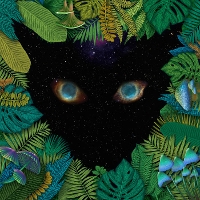
Mngwa
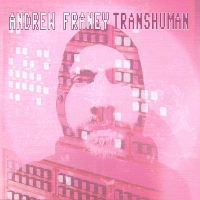
Andrew Franey
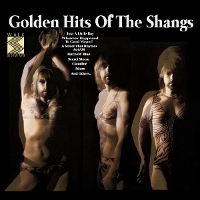
The Shangs

Alex Cuba

Tri Nguyen
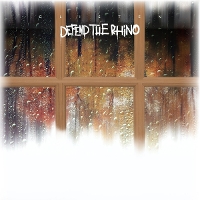
Defend The Rhino

Talltale
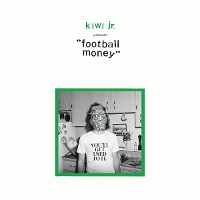
Kiwi Jr.

Plaster

Hyness
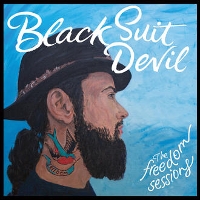
Black Suit Devil

Yamantaka // Sonic Titan
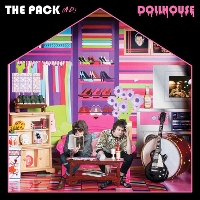
The Pack A.D.
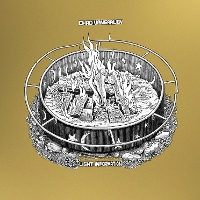
Chad VanGaalen

Potengowski Anna Friederike
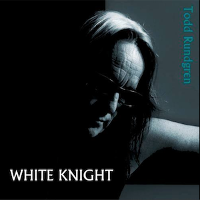
Todd Rundgren

Old 97's
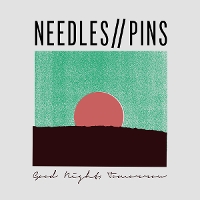
Needles//Pins



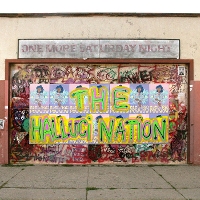
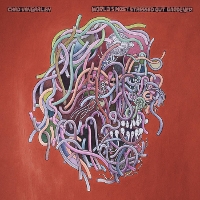
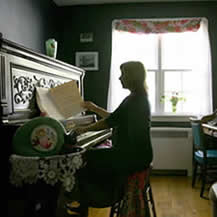
 The idea of how we conceive of our creative output is changing
The idea of how we conceive of our creative output is changing 
